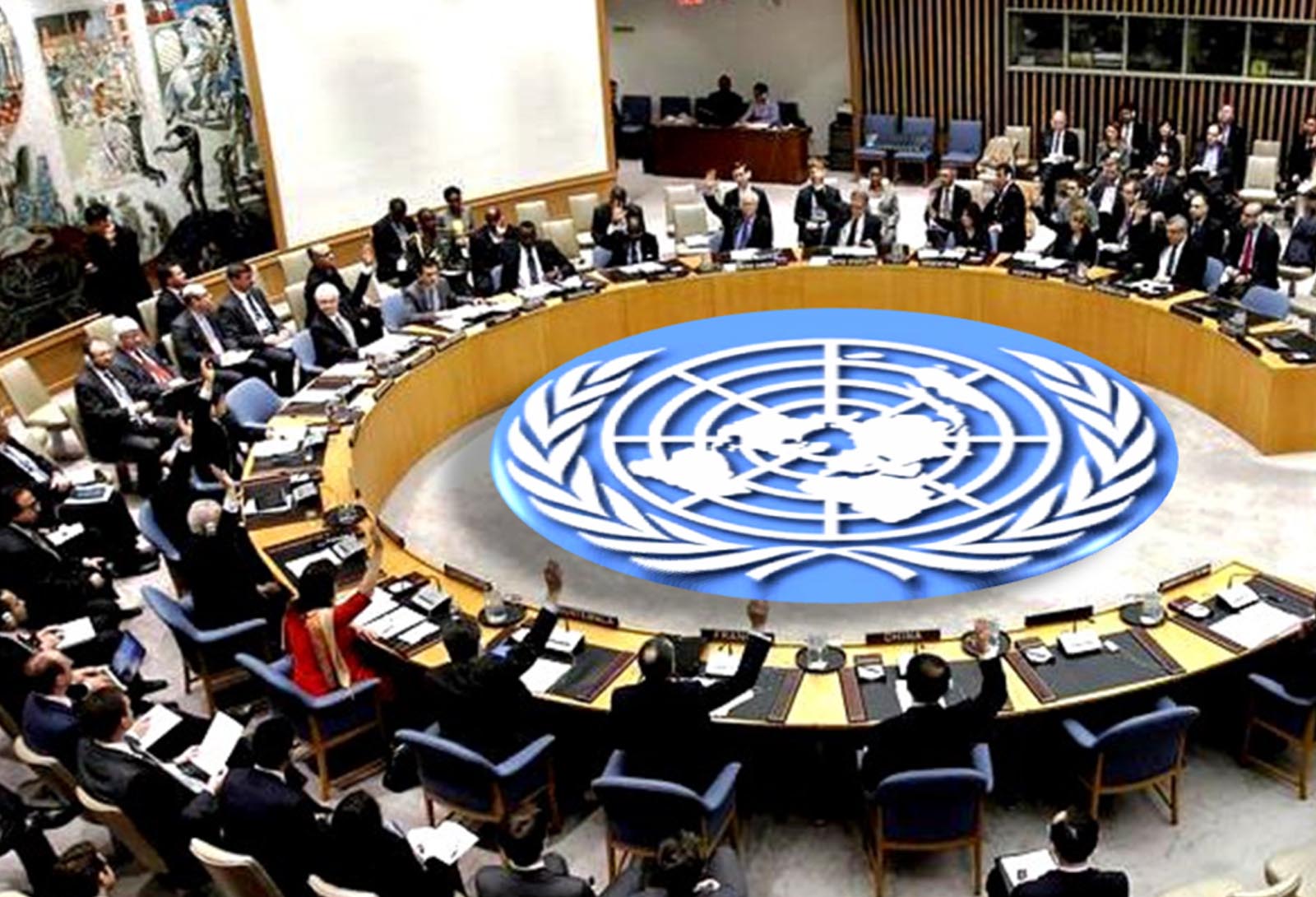Pakistan has called on the United Nations Security Council (UNSC) to prevent further escalation in the Middle East following U.S. airstrikes on Iran’s nuclear facilities. Speaking at a crucial UNSC meeting, Pakistan’s Permanent Representative, Asim Iftikhar, warned that military actions only fuel conflicts and divisions. He stressed that dialogue, not force, is the only sustainable solution, as tensions soared after Iran’s parliament moved to block the Strait of Hormuz—a vital global trade passage.
The U.S. strikes on Fordow, Natanz, and Isfahan nuclear sites, which President Trump hailed as a “spectacular success,” have drawn sharp criticism from Tehran. Iran’s Foreign Minister, Abbas Araghchi, accused the U.S. of sabotaging ongoing diplomatic talks, stating, “The US abandoned diplomacy with missiles, not words.” He warned that the attacks crossed a “red line,” while Iran’s threat to close the Strait of Hormuz has raised fears of a wider economic and security crisis.
Pakistan, along with China and Russia, has circulated a draft UNSC resolution demanding an immediate ceasefire and protection of civilians. Ambassador Iftikhar condemned the attacks on IAEA-monitored nuclear sites as a “dangerous precedent” and reaffirmed Iran’s right to self-defense. The proposed resolution also urges all parties to avoid further escalation and supports a diplomatic resolution to the nuclear standoff.
The situation remains volatile, with Pakistan warning that continued aggression could lead to catastrophic regional consequences. As global powers weigh in, the international community faces mounting pressure to de-escalate tensions before the crisis spirals out of control. The coming days will test whether diplomacy can prevail over military confrontation in one of the world’s most unstable regions.


